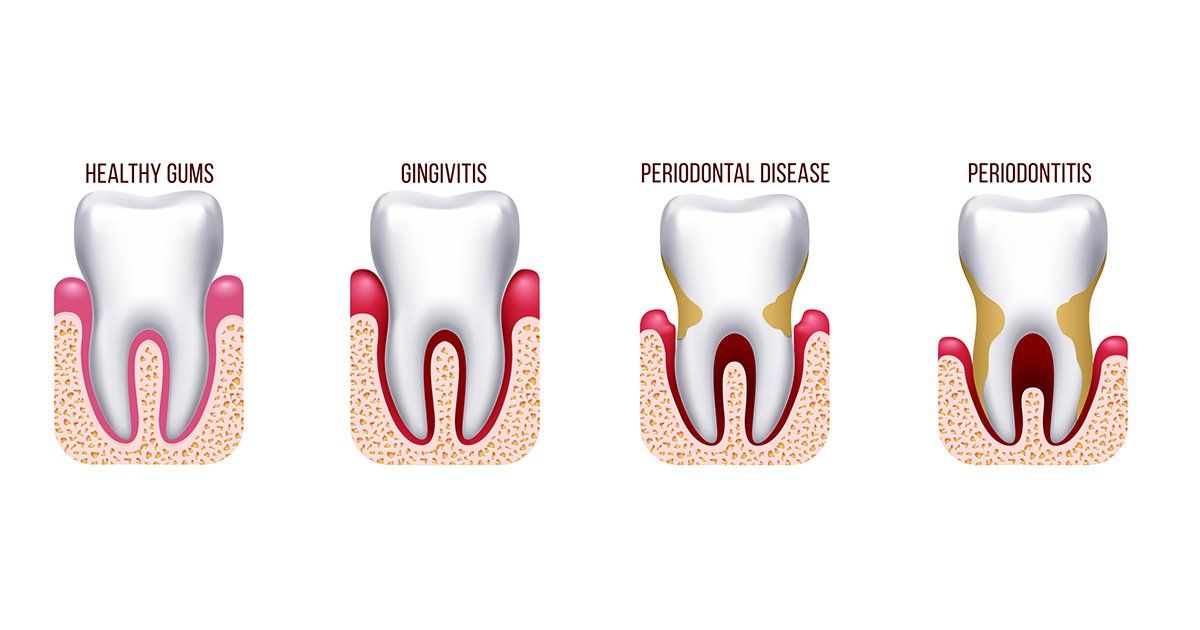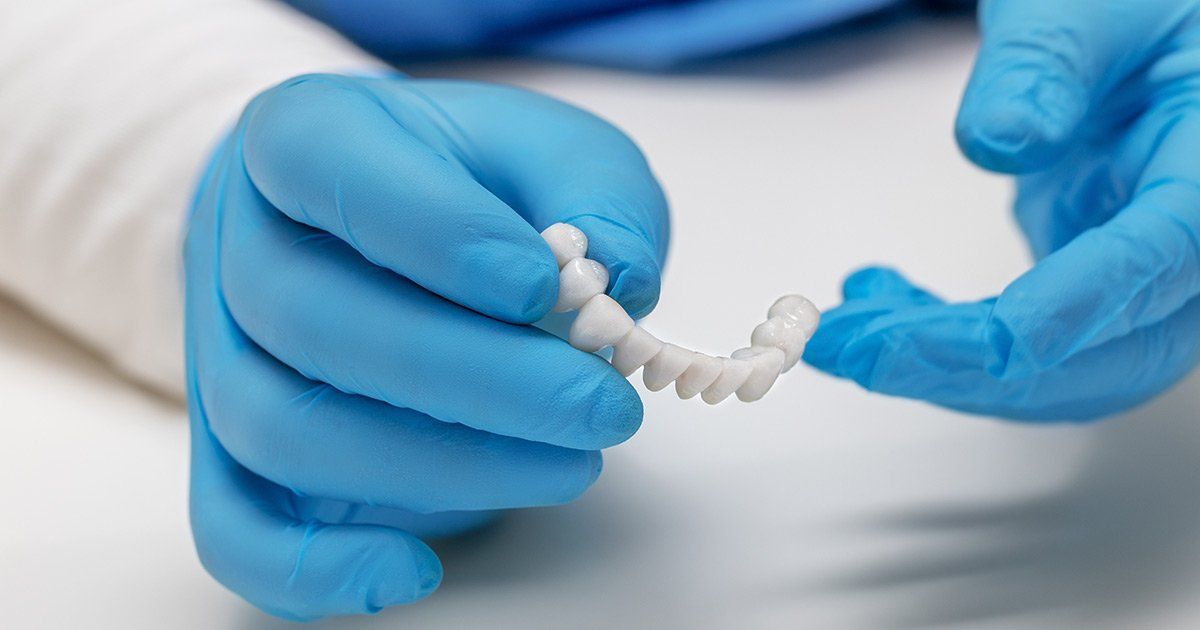Dental Implants Explained: Process, Candidacy, and Long-Lasting Benefits of Dental Implants
Dental implants are a great option for many. Read our article to learn more about the process, who makes a great candidate, and benefits of dental implants.
Do you like your smile? If you have missing teeth, the answer to this may be "no." Missing teeth could impact your quality of life. This is why dental implants are a great option.
Keep reading to learn about the dental implants procedure and the benefits of dental implants.
Everything You Should Know About Dental Implants
If you are considering dental implants, you should know all about your options and the procedure.
What Are Dental Implants?
Dental implants are fixed replacements for missing teeth. They don't need to be replaced and don't need adhesive pastes. Dental implants look and feel like ordinary teeth
The two commonly used types of dental implants are endosteal and subperiosteal.
Subperiosteal implants are installed underneath gums with a base that fits on the jawbone. Subperiosteal implants are an option for someone with poor gum or jaw health. Endosteal implants involve installing a metal post in your jawbone, similar to the roots of normal teeth. Once the gums and bone heal around the base, a crown is placed over top.
Implant type is dependent upon your oral health.
Benefits of Dental Implants
There are many benefits of dental implants. Missing teeth can have a substantial impact on your self-confidence. Dentures or bridges achieve the same look as implants but require more maintenance.
Since dental implants are permanent, you won't need to worry about carrying denture cream or replacement.
Who Is and Isn't a Candidate for Dental Implants?
Many factors are considered when one considers dental implants. Good candidates for dental implants:
- Are missing one or more adult teeth
- Current denture or bridge users
- People experiencing pain or difficulty eating or talking
To qualify for dental implants, all of your "adult" teeth must have grown in. The health of your jawbone and overall oral health are also factors.
Long-term smokers, diabetics, or those living with heart disease don't qualify for dental implants.
Payment
Depending on your dental insurance, you could receive dental implants at no cost to you. However, they must be deemed medically necessary for your quality of life.
If you don't have dental insurance or your plan doesn't cover such a procedure, you may be able to pay in installments or finance them.Process
Now that you know the benefits of dental implants, let's go over the process.
Set-up
The setup process for dental implantation is determined by your dentist. The typical plan includes having a dental exam complete with x-ray images of your teeth, reviewing medical history and any chronic diseases that may disqualify you, and receiving a prescription for antibiotics to ward off infection.
By the end of this consultation, you should receive a treatment plan and steps to take before the procedure.
Installation
Installing dental implants is typically done in multiple visits. The base must be attached or rooted in your jawbone before anything else. Once your jaw and gums have healed and the implant is stabilized, an abutment is added and the replacement tooth is placed.
Treatment
As with any type of dental procedure that involves cutting gums, there's a risk of infection.
Your dentist will give you a detailed treatment plan with instructions for taking care of your mouth as it heals.
Aftercare
Afterword you must eat soft foods. Smoking following the procedure isn't allowed. Once your gums are healed, you'll maintain your ordinary hygiene routine.
Look and Feel Your Best
The effect missing teeth can have on your confidence and quality of life is intense. If you have any questions about the dental implant procedure you can contact our office for more information and the benefits of dental implants.







